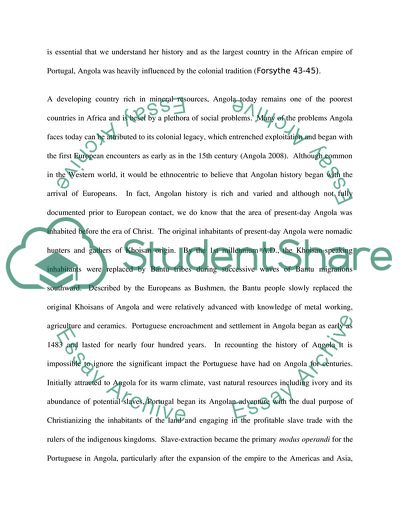Cite this document
(How Has the Nature of Cultural Encounter Changed over Time Coursework - 1, n.d.)
How Has the Nature of Cultural Encounter Changed over Time Coursework - 1. https://studentshare.org/history/1726478-international-area-studiedsurvey-of-world-history
How Has the Nature of Cultural Encounter Changed over Time Coursework - 1. https://studentshare.org/history/1726478-international-area-studiedsurvey-of-world-history
(How Has the Nature of Cultural Encounter Changed over Time Coursework - 1)
How Has the Nature of Cultural Encounter Changed over Time Coursework - 1. https://studentshare.org/history/1726478-international-area-studiedsurvey-of-world-history.
How Has the Nature of Cultural Encounter Changed over Time Coursework - 1. https://studentshare.org/history/1726478-international-area-studiedsurvey-of-world-history.
“How Has the Nature of Cultural Encounter Changed over Time Coursework - 1”. https://studentshare.org/history/1726478-international-area-studiedsurvey-of-world-history.


